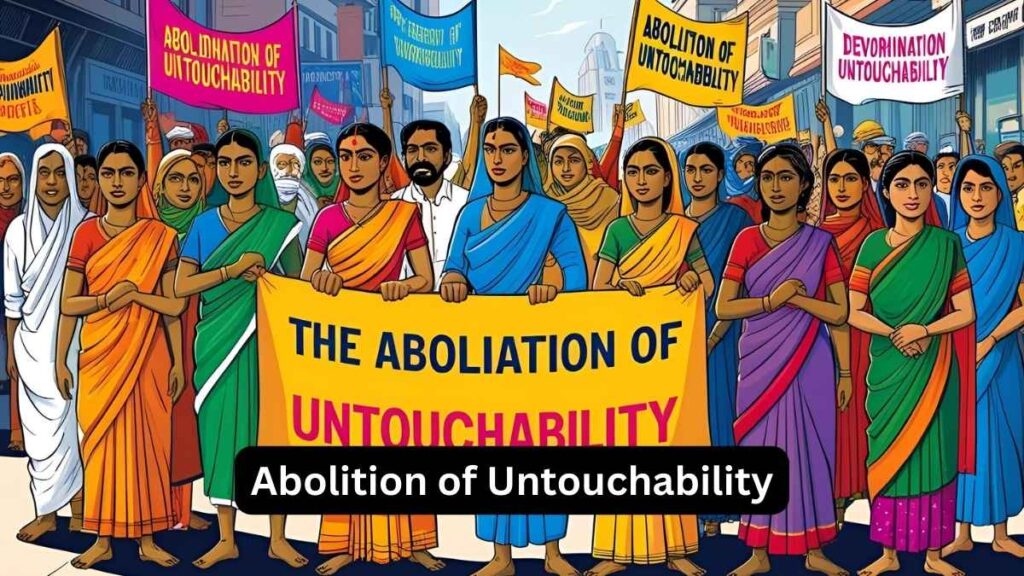U.S.’s Exit from WHO
Context:
The recent decision by the United States government to withdraw from the World Health Organisation (WHO) has sparked concerns about the organisation’s future, particularly regarding its funding and operational capacity.
More on News
- President Javier Milei has also ordered Argentina’s withdrawal from WHO due to significant differences with the UN agency.
- However, rather than viewing this as a setback, this moment presents an opportunity to strengthen WHO by reducing its dependence on a single country and fostering greater involvement from nations in Asia and Africa.
WHO
The World Health Organisation (WHO), a UN specialised agency for international public health, was established on April 7, 1948, and operates from its Geneva headquarters with six regional and 150 field offices worldwide. It took over the responsibilities, resources, and staff of the League of Nations’ Health Organisation and the Office International d’Hygiène Publique. The WHO is governed by the World Health Assembly (WHA), which consists of 194 member states. The WHA elects an executive board of 34 health specialists, appoints the director-general, sets priorities, and approves the budget.
Understanding WHO’s Funding Structure
WHO operates through two main funding streams:
- Assessed contributions are mandatory payments made by member states, ensuring a steady source of funding for WHO’s core operations, including salaries and administrative costs.
- The U.S. has long argued that its AC obligations are disproportionately high, citing this as one of the key reasons for its withdrawal.
- Voluntary contributions, on the other hand, come from donor agencies and additional contributions from member states.
- These funds are typically allocated for specific programs, such as disease eradication and public health initiatives, and are often non-transferable.
- The U.S.’s departure will not only reduce direct government contributions but may also lead to a decline in funding from the U.S.-based organisations and donors, potentially affecting critical programs supported by agencies like USAID.
- This funding uncertainty underscores the need for reforms in WHO’s financial model to ensure long-term stability.
Call for Institutional Strengthening
- Critics of WHO often point to its bureaucratic structure and slow response times as key issues requiring reform.
- While improvements are necessary, WHO remains an indispensable global institution, particularly in an era of emerging health threats such as antimicrobial resistance, climate change, and re-emerging infectious diseases.
- The world cannot afford to weaken WHO; instead, it must be strengthened through collective global efforts.
- As argued by Daron Acemoglu and James A. Robinson in their book Why Nations Fail, strong institutions are the foundation of national and global prosperity.
- However, rising nationalism and the trend of prioritising domestic interests over international collaboration have weakened global institutions.
- WHO’s future cannot be left to the influence of a few high-income nations; instead, it must be reinforced through broader international cooperation.
Global South’s Role in Reshaping Global Health
- The U.S.’s withdrawal creates an opportunity for countries in Asia and Africa to play a greater role in global health governance.
- Historically, global health policies and funding priorities have been disproportionately influenced by high-income nations, often sidelining the pressing health concerns of low- and middle-income countries (LMICs).
- The delayed global response to mPox, which only gained attention after affecting high-income nations, serves as a reminder of these disparities.
To address this imbalance, the global South must take proactive steps:
- Filling the Funding Gap: Countries in Asia and Africa should collaborate to supplement WHO’s budget.
- BRICS and other regional alliances can serve as platforms for coordinated financial contributions.
- Building Expertise in Global Health: Nations such as India, Ethiopia, and Ghana should invest in training experts not only in public health but also in global health challenges affecting different regions.
- Countries should develop specialised expertise in diseases prevalent beyond their own borders to foster technical cooperation.
- Establishing Regional Centers for Training: The global south should create premier institutions dedicated to training public health professionals through inter-country collaboration.
- A diverse pool of experts from LMICs would reduce reliance on specialists from high-income nations and strengthen WHO’s technical capacity.
- Decentralising WHO’s Operations: A long-discussed reform involves trimming WHO’s headquarters and relocating key divisions to regional offices in Brazzaville, Cairo, Manila, or New Delhi.
- Such a move would reduce operational costs and align WHO’s focus with regions most in need of global health interventions.
While the U.S. may eventually rejoin WHO under a future administration, the interim period must be used strategically. The global south should seize this moment to recalibrate the global health agenda, ensuring it is shaped by a diverse range of nations rather than a select few high-income countries.


